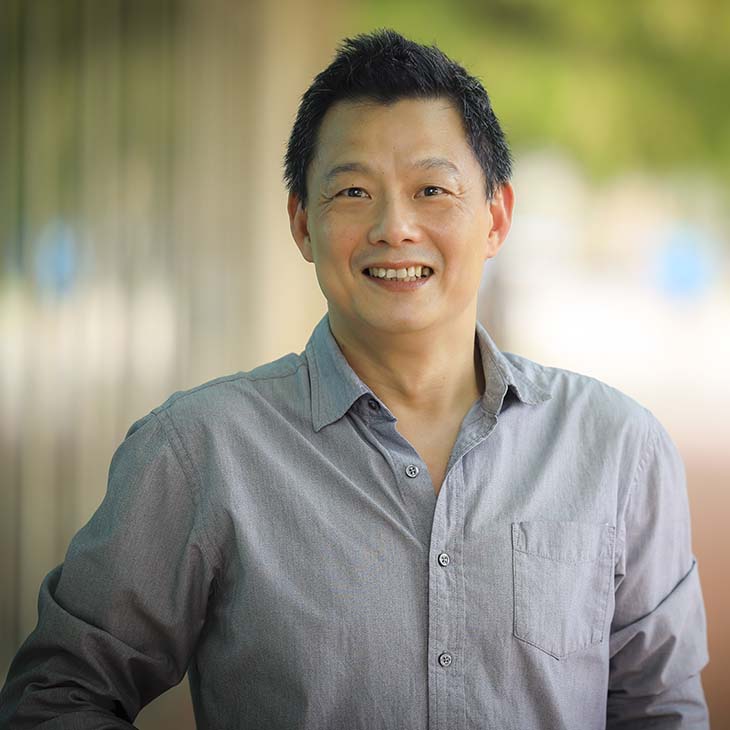
OSU Agriculture names Charles Chen 2021 Whatley Award recipient
Monday, January 24, 2022
Media Contact: Mandy Gross | Sr. Manager of Strategic Communications and Special Projects | 405-744-4063 | mandy.gross@okstate.edu
Oklahoma State University’s Charles Chen has been named the 2021 recipient of the university’s James A. Whatley Award for Meritorious Service in Agricultural Sciences.
Initiated in 1982, the award is presented annually by the OSU Division of Agricultural Sciences and Natural Resources and recognizes outstanding research contributions to the advancement of agricultural sciences.
A former scientist for the International Maize and Wheat Improvement Center, Chen joined the faculty in 2015 as an assistant professor in bioinformatics for the OSU Department of Biochemistry and Molecular Biology.
Chen’s exemplary cutting-edge research is in line with the vision of the James Whatley Award, said Thomas G. Coon, vice president and dean of OSU Agriculture.
“His research projects apply directly to issues of major agricultural importance, such as wheat improvement and drought resistance in crops,” he said. “Dr. Chen takes pride in scientific collaboration and requires an interdisciplinary approach for most all his projects, which has resulted in award-winning research and agricultural advancement.”
Chen is the first principal investigator at OSU who has been funded via an industrial partnership to establish the newest or third-generation nucleic acid sequencing technology, said John Gustafson, head of the OSU Department of Biochemistry and Molecular Biology.
“Dr. Chen is truly a one of a kind in biochemistry and molecular biology, and it is not easy to find scientists with his elevated level of statistical, computational and biology expertise,” Gustafson said. “In his time at OSU, I have watched Dr. Chen establish an incredibly vibrant well-staffed and well-funded laboratory, which applies advanced sequencing technologies, statistical genetics and bioinformatics to answer various research questions.”
Since joining OSU, Chen has authored or co-authored 39 peer-reviewed publications, including numerous additional manuscripts and a book chapter. His work appears in journals such as Heredity, Plant Journal, Plant Physiology and Proceedings of the National Academy of Sciences. In addition, he has produced computational algorithms and databases, which are utilized by investigators across the world.
Student training also is a strong point for Chen. In the past three years, Chen has organized an international weekly meeting for graduate students, postdoctoral students and principal investigators to provide training opportunities that no single laboratory could offer. His guidance has played a significant role in helping many students achieve success in their research and career aspirations.
Chen earned a doctorate in quantitative genetics from the University of British Columbia in 2009.
“We are on the edge of the fastest and most consequential disruption in food security and long-term agricultural sustainability,” Chen said. “This time around the ‘second domestication’ will be primarily driven by precision agriculture that can intelligently integrate algorithms and biotechnologies to design and program cells, organisms and the agro-ecosystems. This recognition of the Whatley award also marks OSU and the Ferguson College of Agriculture’s leadership in transforming research and education for the future of agriculture.”
Whatley, in whose name the award is presented, was an animal geneticist who became director of the statewide Oklahoma Agricultural Experiment Station system and dean of the division, which is comprised of the OSU Ferguson College of Agriculture and two state agencies: OSU Extension and OSU Ag Research. Whatley served OSU for 41 years.
